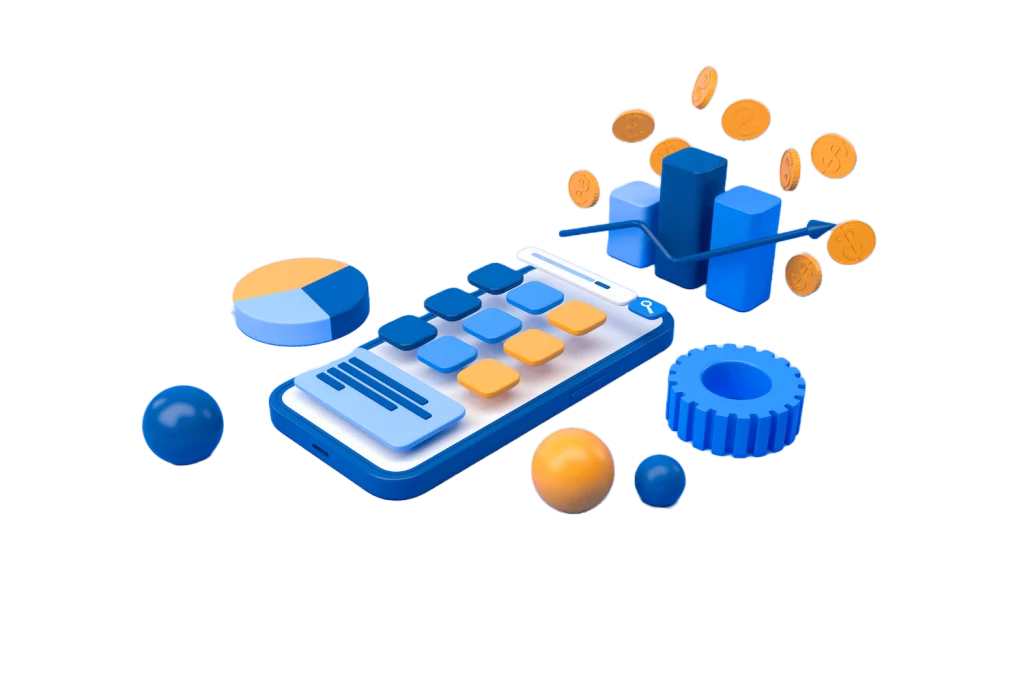
Many people can’t resist the temptation of buying their favourite brand when they see it on sale or making an impulse purchase when they’re feeling down. Spending more than you intended won’t necessarily have a significant impact if it only happens on the odd occasion. It can, however, have more severe ramifications if you find yourself overspending on a regular basis.
You might be faced with a major wake-up call when you find your debt piling up, or you’re unable to cover anything more than the bare necessities. It can be hard to reach your financial goals if you consistently spend more than you should.
Luckily, there are a number of ways you can change your spending habits for the better. Some solutions can have an immediate effect, whilst others take more work to get the hang of.
Continue reading for our top nine tips that can help you to stop overspending in order to reach your financial goals.
Nine practical tips to stop overspending
1. Work out your spending triggers
There are various reasons why people overspend, such as boredom, peer pressure and emotional vulnerability. If you’re able to recognise your emotions and trigger points, it should be easier to avoid certain situations where you might be tempted to spend money.
It’s a good idea to work out what triggers you to spend money and work on strategies to avoid them. This can help make sure you don’t spend more than you need to. For example, you may find yourself browsing online at night and adding impulse purchases to your cart. Alternatively, you might walk past your favourite shop every day on your way to work and be unable to resist popping in to buy something. In these examples, you could turn your mobile phone off before you go to bed or go to work via another route so that you aren’t tempted to spend money.
2. Create a budget
It’s advisable to create a realistic budget so that you have a guideline for how much you should be spending each week or month. To do this, you need to allocate funds to different expenses, such as utility bills, food shopping and leisure activities. This is an excellent time to identify areas that you may be spending too much money on, such as clothing or takeaways. You can limit your spending in these areas, which could give you more money to put into your savings account or towards credit card debt payments.
A key aspect of keeping to a spending budget is to track your weekly and monthly expenses. You need to ensure that you are spending within your limits and resist making more purchases if you are near or have reached your allocated allowance.
3. Prevent temptation
Most companies send out marketing emails to their customers to try and entice them into buying more products or services. It’s advisable to opt out of these emails so that you aren’t regularly sent emails that tempt you to make a purchase.Free trials are another technique that many companies use. However, as good as they may sound, they can end up costing you money in the long run if you forget you’re signed up for them and have to pay for the subscription once the trial ends. A safer bet is to sign up for free trials using a prepaid card. It won’t matter if you forget about the subscription because the money can’t be taken if there aren’t enough funds on your card.
4. Plan your purchases
 Before you go into a shop, it’s a good idea to have already written a shopping list. It should include items that you actually need rather than what you want. If you stick to buying items on the list, you’ll be less likely to make impulsive purchases.
Before you go into a shop, it’s a good idea to have already written a shopping list. It should include items that you actually need rather than what you want. If you stick to buying items on the list, you’ll be less likely to make impulsive purchases.
You could also give yourself a few days to think about a purchase. You can go back and buy the product at a later date if you decide that you really want or need it. However, the chances are that you’ll have talked yourself out of the purchase, having decided that it’s not something you actually want or need.
A good technique is the Pay Now, Buy Later payment method. You add funds to a prepaid card as and when you can. When you decide to spend the money on the card, you’ll know that you’re spending money you can afford because it’s already been set aside.
5. Practice mindfulness
Some people spend money in an attempt to feel better when they are feeling sad or lonely. To combat this, it’s a good idea to practice mindfulness so that you can become more tuned in to your emotions and learn to control them with alternative techniques.
You should reflect on why you feel the way you do and find a method that can help you cope with your emotions. For example, when you feel sad, rather than jumping online to browse your favourite shops, you could resist the urge and choose to read a book or listen to some relaxing music instead. Within a few hours, the urge to buy something may have passed.
6. Change your spending habits
It can take time, but changing your spending habits is a crucial step to prevent overspending. You need to identify your money habits, including healthy and unhealthy habits, to help yourself avoid triggers and set achievable goals. For example, a healthy habit might be that you only buy certain products when they’re on sale. An unhealthy habit, on the other hand, might be that you buy lunch out every day rather than making your own at home.
Some people have an unhealthy relationship with money because they haven’t been taught how to budget or they don’t know how to resist making an impulse buy. If you can identify which unhealthy habits you have, you can look at techniques that can help you control them better.
7. Stop using or give up your credit card
 Although it’s not the case for everyone, credit cards can often cause people to spend more money than they would if they used a debit card or cash. The money may not seem ‘real’ because it isn’t automatically deducted from the bank account when a credit card is used. It’s easy to spend more than you mean to and be faced with a large credit card debt and subsequent interest.
Although it’s not the case for everyone, credit cards can often cause people to spend more money than they would if they used a debit card or cash. The money may not seem ‘real’ because it isn’t automatically deducted from the bank account when a credit card is used. It’s easy to spend more than you mean to and be faced with a large credit card debt and subsequent interest.
It can help if you limit what you use your credit card for. Rather than use it as your primary source of money, you could solely use your card to pay for your petrol or if you have a recurring expense, such as a streaming service subscription. You can easily factor your credit card bill into your budget each month because you can predict how much you will spend.
8. Switch to a prepaid card
Unlike a credit card, you can only spend the funds already added to a prepaid card. There’s no way you’ll go into overdraft or spend more than you intended because you’re limited to the amount you have already set aside.
Prepaid cards can help you budget because you can add the right amount of money to cover certain bills or expenses. For example, you might know that it costs you £50 each month to cover your various streaming service subscriptions. When you get paid, you can automatically top up your card with £50. This would guarantee your subscription payments are covered, and you wouldn’t be tempted to upgrade your account or sign up for more services because there wouldn’t be enough money on your card.
Order your Prepaid Card today
9. Get Support
If you are struggling with your finances and think you need help with budgeting, it’s a good idea to speak with your friends and family. They may be able to help you identify your spending habits and work out ways you can resist temptation and save money.
It might be helpful to speak with a professional, such as a financial advisor, who can help you manage your financial stress and work out ways that you can make small changes to your spending that can help in the short term and larger changes that can help you reach your financial goals. It could be something as small as saving money by not buying weekly takeaways. You could also assign a percentage of your monthly income to cover any debt you have.
Summary
The first step to cutting back on your overspending is to identify areas that you spend too much money on. You should also look at your triggers (such as low moods or peer pressure) so that you can try to find alternative methods to cope with your emotions. Creating a cash budget can also help you to stop spending money on unnecessary items and instead put the money into your savings bank account or towards debt repayments.
It’s a good idea to look at how you spend your money. If you find yourself overspending with a credit card, you might want to limit your card usage. You could use prepaid cards or debit cards instead to help you control your spending.


